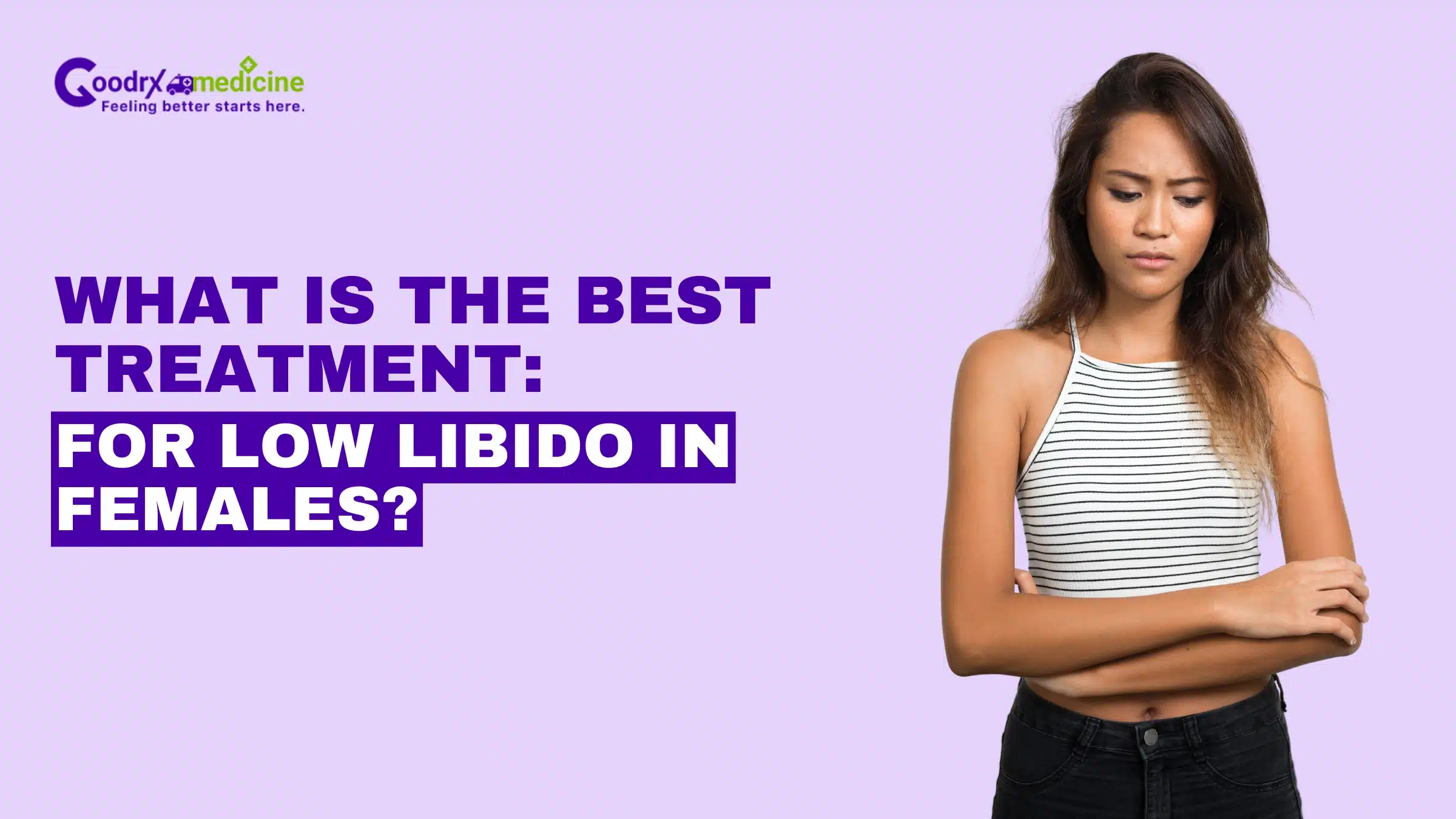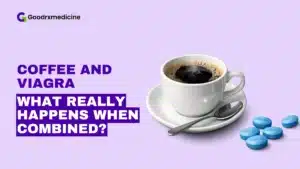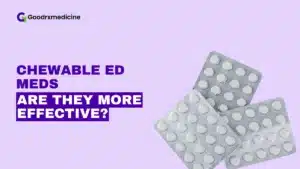Low libido is a common issue that many women or Assigned Females at Birth (AFABs) experience at different stages of their lives. Many factors, such as stress, relationship problems, hormonal fluctuations, certain medicines, or underlying health problems, can cause it.
Feeling less interested in sex can have an impact on a woman’s mental well-being as well as her relationship. However, the decreased libido or sexual desire can often be treated. The underlying cause determines treatment and may involve lifestyle modifications, counseling, or hormone therapies.
With the correct assistance and treatment, most women may enhance their sexual drive and have a more fulfilling sex life. In this article, we will look into the treatment for low libido in females.
Treatment for low Libido in females
Low libido in women is commonly referred to as Hypoactive Sexual Desire Disorder (HSDD). Treatment for women’s low libido is highly customized. It frequently requires a combination of approaches that often involve addressing underlying medical issues, hormonal therapies, medications, psychological and behavioral therapies, lifestyle, and relationship adjustments.

Let’s look at these treatment approaches in detail:
Save up to 90% on your medicine bills
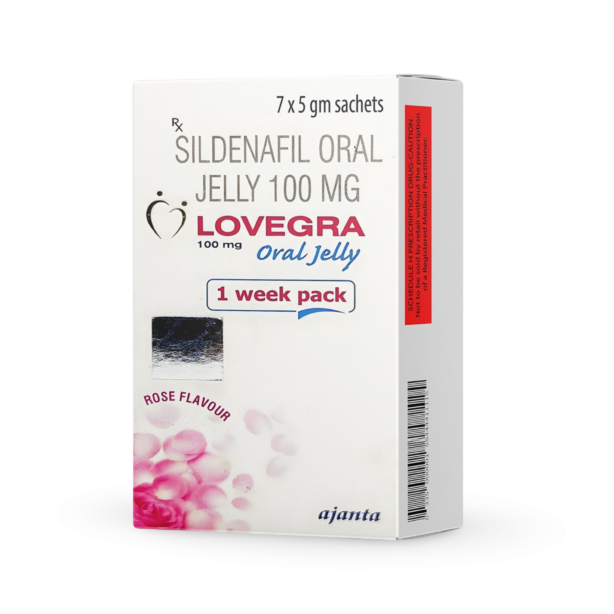
Lovegra Oral Jelly Rx 100 Mg
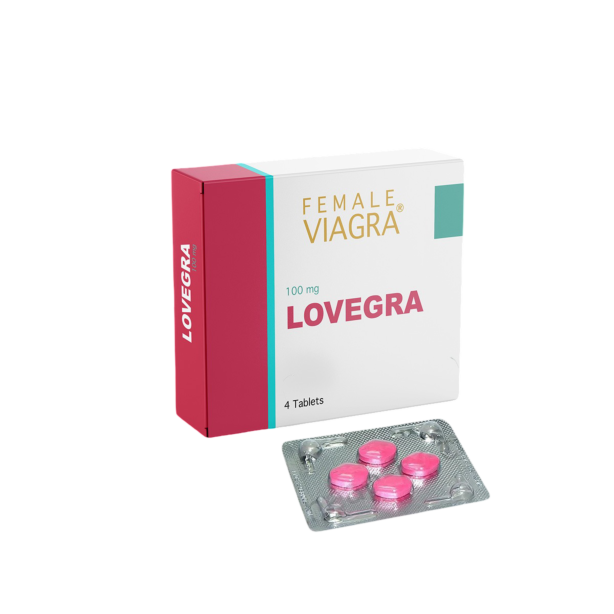
Lovegra 100 mg
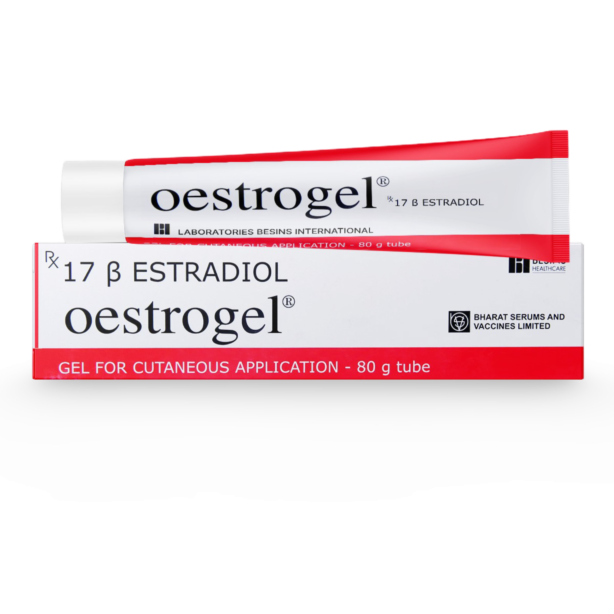
Oestrogel Gel 80 gm
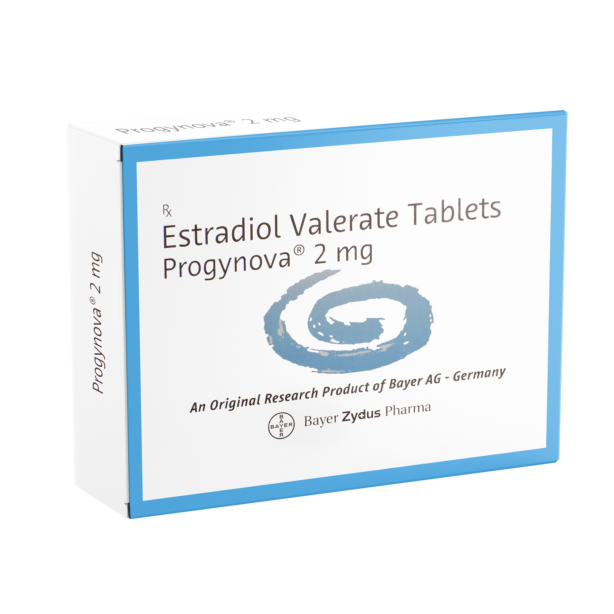
Progynova 2 mg
Addressing underlying medical issues
Once diagnosed with low libido, your doctor may opt for any of the following approaches to address the issue:
- Medication review: If a medication is the reason, your doctor may recommend reducing the dosage or switching to a different medicine with fewer sexual side effects.
- Managing chronic illnesses: Managing the underlying health conditions, such as Diabetes, High Blood Pressure, or heart disease, may frequently enhance general health and, hence, sexual desire.
- Treating painful sex: If pain during sex (Dyspareunia) is one of the reasons behind your reduced sexual urge, then it is essential to address the underlying cause of the condition, such as vaginal dryness or pelvic floor muscle disorders. This might include lubricants, vaginal Estrogen treatment, or pelvic floor physical therapy.
Hormone treatment for low libido
The following hormonal treatments can help regain a low libido to some extent:
- Vaginal Estrogen therapy: For women suffering from vaginal dryness and pain caused by Low Estrogen, particularly during Menopause, vaginal Estrogen creams, pills, or rings can be quite beneficial. These administer Estrogen directly to the vaginal tissues, increasing lubrication and flexibility while avoiding the systemic side effects of oral Estrogen.
- Testosterone therapy: Although being the male sex hormone, Testosterone plays an essential role in female sexual functioning; however, to a lesser extent. While there are no Food and Drug Administration-approved (FDA) Testosterone therapies for HSDD in the United States, in rare situations, a doctor may recommend off-label low-dose Testosterone therapy after carefully considering the possible advantages and risks. This is particularly for postmenopausal women who have not responded to Estrogen medication. However, additional research is required in this area.
- Systemic Hormone Replacement Therapy (HRT): For menopausal women experiencing other troublesome menopausal symptoms like hot flashes and night sweats in addition to decreased libido, systemic HRT (Estrogen alone or in conjunction with Progesterone) may be explored. HRT can enhance general health and, for some, indirectly increase libido.
- Prasterone or Intrarosa: This vaginal insert includes Dehydroepiandrosterone (DHEA), a precursor hormone which is transformed into Estrogen and Testosterone in vaginal cells, thereby reducing vaginal dryness and painful intercourse.
- Ospemifene or Osphena: Ospemifene is an oral medication that reduces painful intercourse caused by vaginal tissue thinning, particularly in postmenopausal women. It is not recommended for women who have a history of Breast Cancer or are at high risk.
Medications
Flibanserin and Bremelanotide are two commonly prescribed medications for low libido, especially for premenopausal women.
- Flibanserin (Addyi): This is a daily oral medicine authorized for premenopausal women with generalized HSDD (low desire that is not caused by other medical disorders, mental health difficulties, or relationship problems). It increases sexual desire by stimulating neurotransmitters in the brain (Serotonin, Dopamine, and Norepinephrine).
- Bremelanotide (Vyleesi): Bremelanotide is an injectable medication authorized for premenopausal women with generalized HSDD. It is given as an on-demand injection into the thigh or abdomen at least 45 minutes before sexual activity. It targets Melanocortin receptors in the brain.
Psychological and behavioral therapies
Various psychological and behavioral therapies can help address the psychological factors causing low sexual desire. These often include:
- Sex therapy: A specialized type of counseling that assists individuals and couples in addressing sexual difficulties. A sex therapist may educate you about sexual responses, examine underlying psychological limitations, recommend sexual approaches, and help you communicate more effectively.
- Individual counseling/psychotherapy: If low libido is caused by Depression, Anxiety, low self-esteem, or a history of trauma, individual therapy (such as Cognitive Behavioral Therapy) can be beneficial.
- Couples therapy: When relationship troubles are a significant concern, couples therapy can assist in enhancing communication, closeness, and conflict resolution, consequently increasing sexual desire.
- Mindfulness-based measures: According to a controlled trial published in the journal Behaviour Research and Therapy in 2014, mindfulness techniques can help women become more present during sexual engagement, and improve sexual pleasure, so indirectly increasing desire.
Lifestyle and relationship adjustments
The following lifestyle changes and relationship-strengthening strategies can also help improve libido in females:
- Stress management: Mindfulness, meditation, yoga, and getting enough sleep can all help reduce stress, which frequently enhances libido.
- Regular exercise: Daily workout increases blood flow, mood, and body image, all of which can influence sexual desire.
- Improve relationship quality: Open communication with your partner about your sexual needs and desires, date nights, shared hobbies, and simply spending quality time together can all help to strengthen emotional intimacy and foster sexual desire.
- Healthy diet: A nutritious diet promotes general health, circulation, and hormonal balance.
- Vaginal Lubricants and moisturizers: Over-the-counter lubricants (used during sex) and vaginal moisturizers (used daily) can significantly improve vaginal dryness and comfort.
When to visit a doctor?
Contact your healthcare provider if you experience:
- Persistent low sexual desire causing distress
- Pain during intercourse
- Sudden loss of libido
- Related symptoms, including Depression, fatigue, or hormonal signs, like hot flashes and irregular periods

Conclusion
Low libido in women is a frequent and curable problem that can be caused by several factors, including hormonal changes, stress, medical conditions, and relationship issues. Many women may restore a healthy and pleasurable sex life with the correct treatment.
Treatment for low libido in females often includes hormone therapy, medications, psychotherapy, or lifestyle modifications. You must communicate freely with your doctor and partner about what you’re experiencing. Every woman is different, so determining the proper approach may take time and patience.
Taking small steps and obtaining appropriate assistance may enhance your general well-being and experience a happier, more connected relationship.

Frequently Asked Questions
Is low libido associated with intestinal health in women?
Yes. Poor gut health can disrupt hormone balance and mood, decreasing libido. Probiotics and a fiber-rich diet may enhance gut function and promote sexual health, thereby boosting sexual desire.
Do birth control pills reduce women’s libido?
Yes. In some women, hormonal birth control pills might reduce Testosterone levels, resulting in decreased sexual desire. If you suspect something strange in your sex life, talk to your doctor about other contraceptives.
Can vitamin deficits impair female libido?
Yes, low levels of Vitamin D, B12, and iron can cause exhaustion and mood swings, decreasing sexual desire. Supplements may help restore balance and boost libido. However, always consult a doctor before trying any supplements or herbal products.
Can antidepressants permanently decrease female libido?
No, antidepressants permanently affect female libido, although long-term usage may diminish libido while taking the pills. The symptoms usually subside after discontinuing or switching medications. Consult your doctor before making any changes.
Is reduced sexual desire common during breastfeeding?
Yes, excessive Prolactin levels during breastfeeding can inhibit Estrogen, resulting in poor libido. This is often temporary and fades after weaning or when hormone levels settle down. Contact your doctor if you experience a drop in sexual urge during breastfeeding.
When referencing outside resources, GoodrxMedicine always provides full citations. To learn more about the measures we use to maintain the quality of our content, please review our Content Information Policy.



